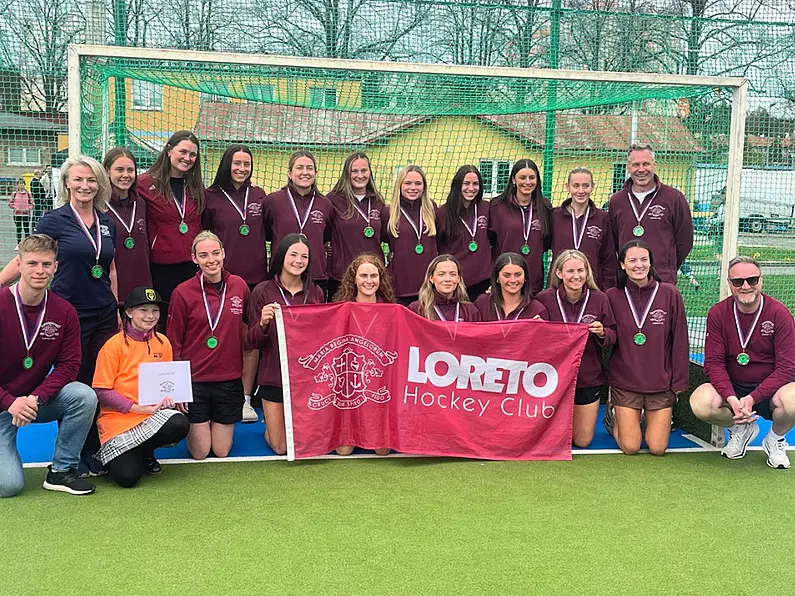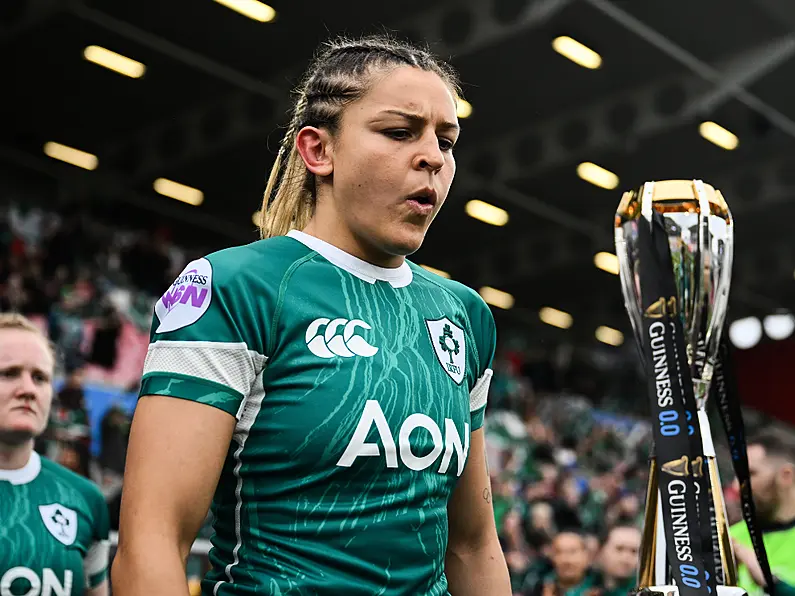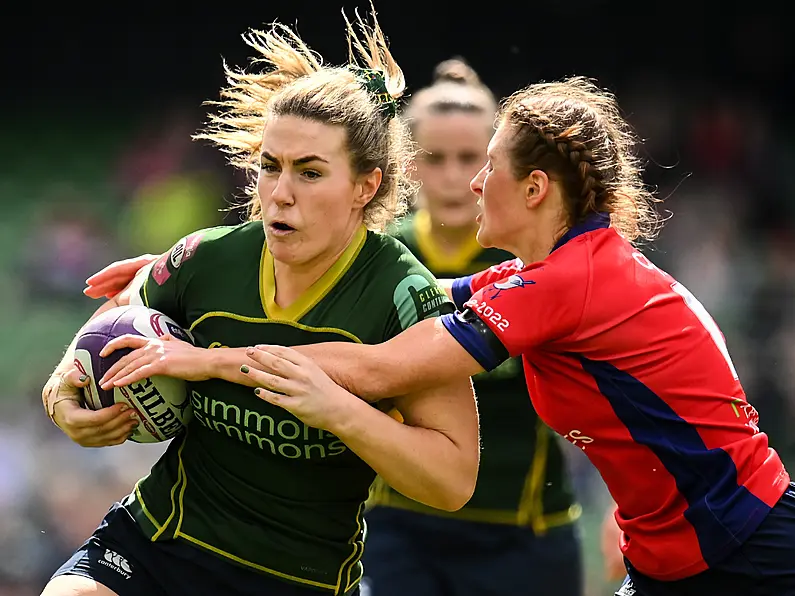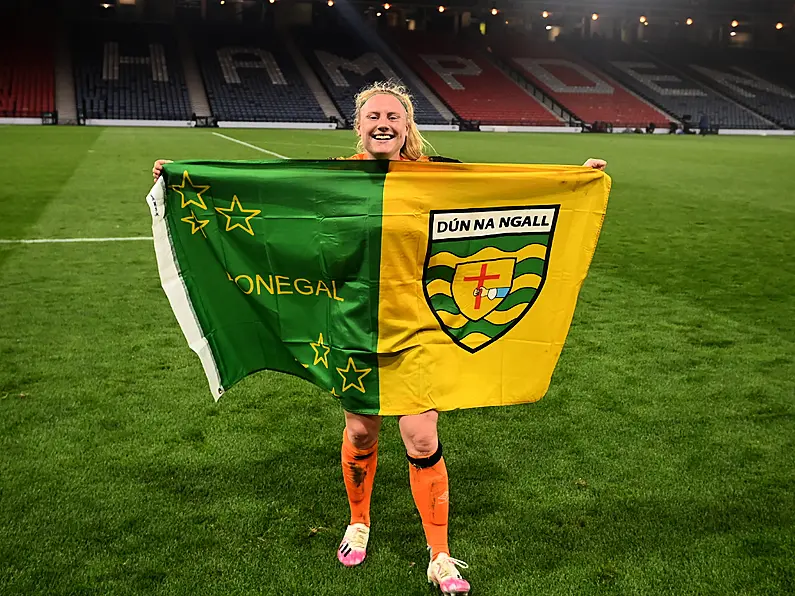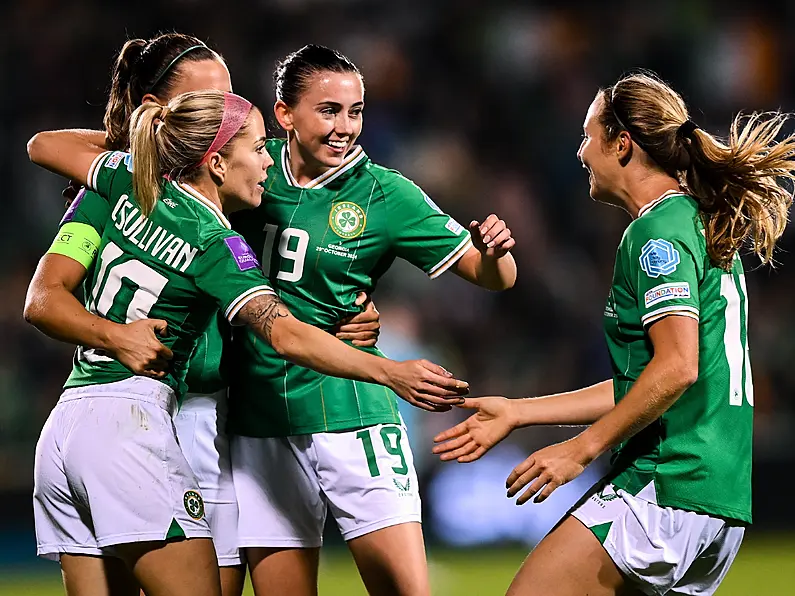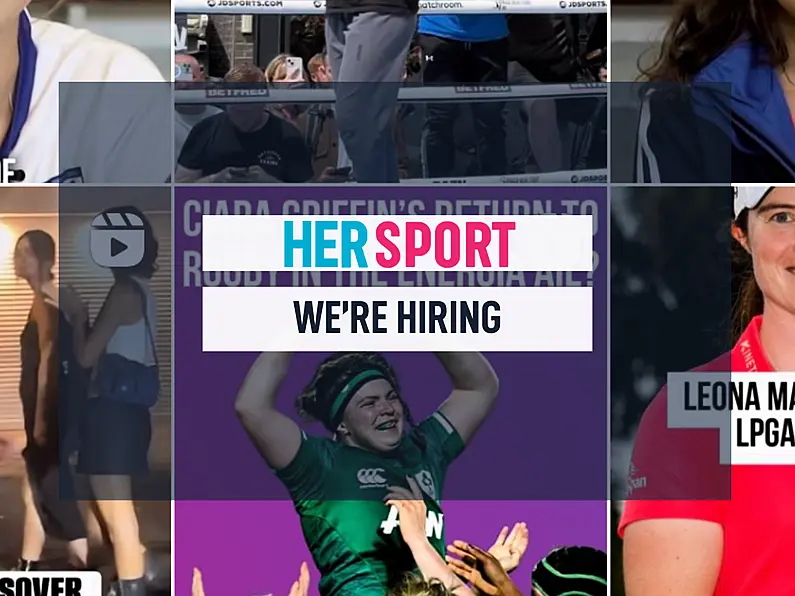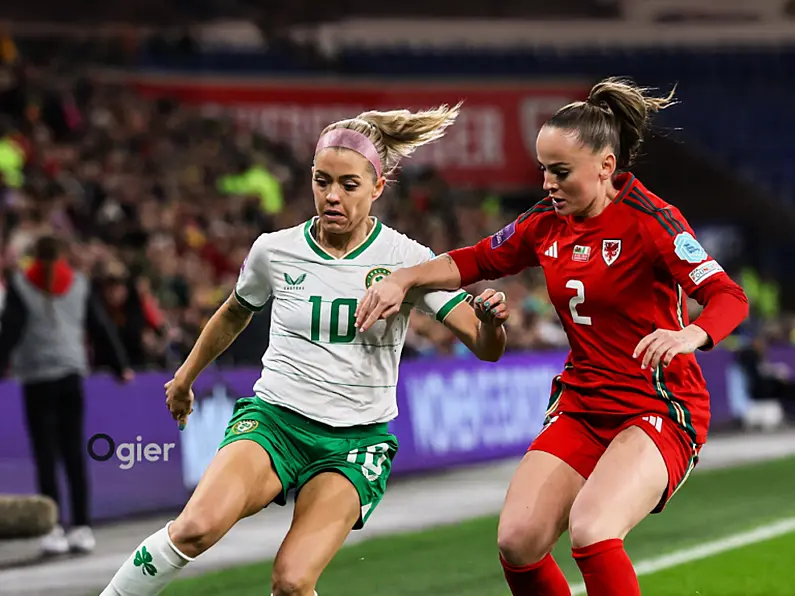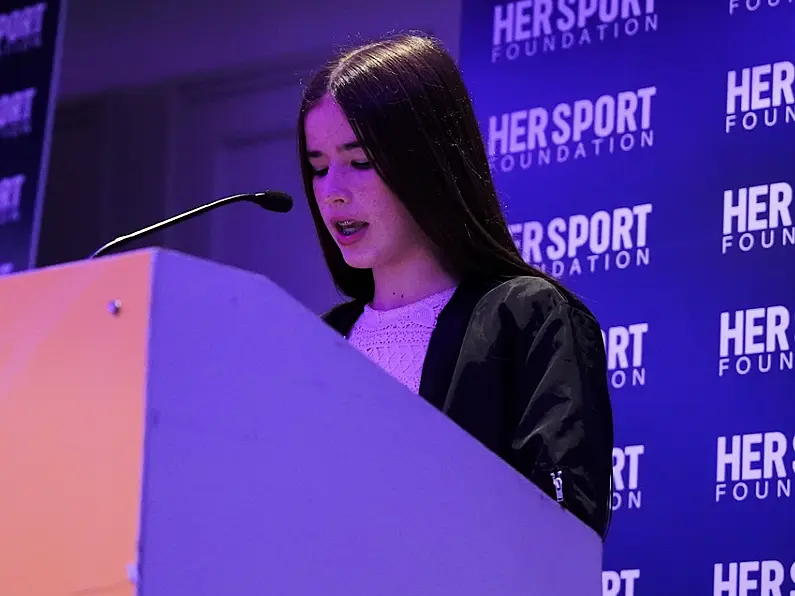Single Scull world champion Sanita Puspure has echoed the words of the Olympic Federation of Ireland CEO, Peter Sherrard, calling for a number of minor exemptions to allow Ireland’s Olympic and Paralympic athletes to return to full training and travel beyond the 5km radius imposed by government.
Sport Ireland has been in talks with Department of Transport, Tourism and Sport, Department of Health and Government ministers for a special dispensation for Olympic hopefuls, but to date, have been unable to secure any concessions.
In response to these proposed measures, the chief medical officer Dr Tony Holohan said, Our message is still to stay at home... as we move on to the next phase we'll be looking at our message of 5km, but we're not at that point today."
Puspure, who is among the favourites to medal in Tokyo next year, is one of nearly 200 Irish Olympic and Paralympic hopefuls hamstrung by travel restrictions forcing them to work at home and away from training centres.
On a Zoom conference organised by the OFI, Puspure revealed how difficult it has been over the past 10 weeks.
"Do you know what? It could be the difference between retiring and not retiring as well. I'm not going to say that it never crossed my mind - 'can I handle another year' - then sitting at home and challenging yourself every day training on the rooftop.”
"Like, it's not easy, though I know there are higher priorities at the moment in the country," she acknowledged.
Club rowers are back on the water whereas the National Rowing Centre in Cork remains closed.
"The most shocking thing for me was to see all the people in the clubs get to go on the water before the high performance athletes. That was a big question for me," Puspure said.
"I was thinking why are people who are not training for the Olympics - which is very selfish for me to think like that, but that's high performance sport, it is selfish - and the high performance athletes are still at home training in their sheds."
Puspure has been able to return to the water in Cork after the longest break since the birth of her two children. And already she noticed her level of performance has deteriorated.
"Every week you postpone getting back to your (normal) training you're giving your opponent an advantage. It's not easy to watch them, all the pictures on Instagram and Twitter.
"For everyone it would be better the sooner we get back on the water - obviously complying with all the regulations all the regulations - from a physiological point of view but also for mental health. From my personal experience it has been very challenging," she said.
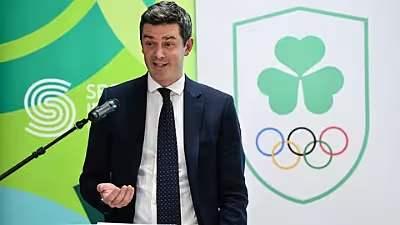
Earlier in the day, Olympic Federation of Ireland CEO, Peter Sherrard warned that Irish Olympians are losing ground on their European and global rivals because of the lockdown restrictions in place.
Sherrard believes that this is leaving Irish Olympic hopefuls at a distinct disadvantage as their rivals from Europe and further afield are under no such restrictions. "Really it's just a bit of nuance and flexibility to be shown to approximately 200 Olympic and Paralympic athletes throughout the country.
"We’re not asking for a massive amount, but to give you a fairly simple example, our Olympic rowers can’t get to the National Training Centre because it’s more than 5km from their houses and yet rowing clubs throughout the country are open in line with phase one Government protocols.
"There’s no problems with rowing itself, it’s just a waiver to get to the centres. That’s the kind of thing that with a little responsiveness, we could arrange for our athletes.
"Sport Ireland has been working very hard with the departments and the officials to request this, and unfortunately we haven’t had green lights from health at this stage.
"It is becoming an issue because across Europe national training centres and Olympic training centres are reopening for that very small group of athletes who have very detailed health protocols.
"Our athletes are being left behind. They’re seeing their counterparts across Europe return to training and return to stability, albeit in a different manner because of the protocols. It’s leading to a great sense of frustration from them and it makes it very difficult because they see they are losing touch with their competitors."
Sherrard believes that Irish athletes have coped well and responded in the right way to the lockdown, but that now is the time to prioritise their return to training.
"Irish sport and Irish athletes have been incredibly respectful throughout lockdown and will continue to support all the measures that need to be implemented," he said.
"While phased plans have been agreed for a recreational return to sport, we believe that the Olympic and Paralympic athletes who represent us internationally need prioritisation to return without delay.
"As a group, the athletes of Team Ireland have shown true resilience and have been role models to us all throughout this crisis, but the longer they are away from their high performance training environments, the harder it will be for them to return to optimum fitness and their peak performance in time for next year's Games."


